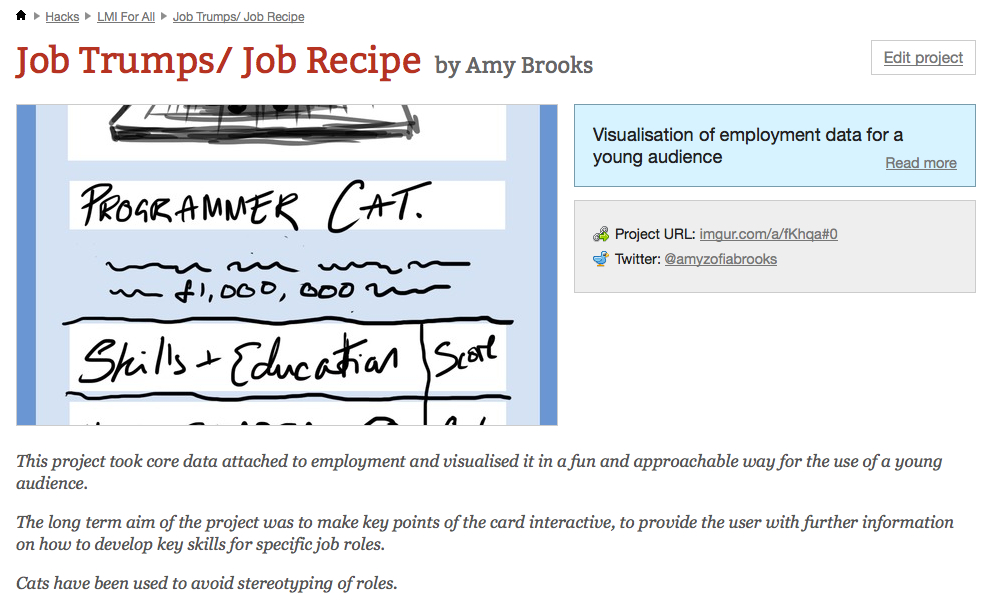How do we report on our work?
Sorry for the gaps in posts – was travelling and then we had technical issues with the server. But the site is back and so am I.
Since returning from my travels last week, most of my time has been focused on the Year 1 Deliverable for the EU Research Framework Learning Layers project. Each year the project has a review meeting with three external reviewers, who have a frightening amount of power to stop the project or require work to be redone. However, in my experience the process is useful as most reviewers provide constructive feedback and useful ideas.
Whilst that aspect of the reviews is fine, it is the reporting format which puzzles me. The project is organised into some nine separate work packages. Each work package is required to produce report – the deliverables – on its work. And the culture is that these reports are long. We are trying to keep our reports down to about 50 or 60 pages, not including appendices. But one project i acted as a reviewer for produced a 160 page report from one work package. I wasn’t amused!
If the format of the reports is traditional so too is the organisation of the review meetings. Generally each work package presents their report through a half an hour formal presentation, with standardised, bullet pointed Powerpoint templates. Its not very stimulating, and knowledge exchange is somewhat limited.
I find all this a bit ironic, since our project focused on the uses of technology for informal learning and knowledge development. We certainly are not practising what we preach. But it is not just a question for the European Research Framework projects. Despite all the opportunities that Web 2.0 and social software offer for innovation and creativity in the way we present and share knowledge, project reports, in most instances, remain unchanged. In the past I have experimented with formats of evaluation reports, – using video and cartoon books. These had a much greater impact. However the powers that be still like to weigh the project outcomes.
What I would like to see is review and reporting processes to become part of the research, development and dissemination of a project. But I fear until we see a change in the culture and practice of academia this will not happen.

